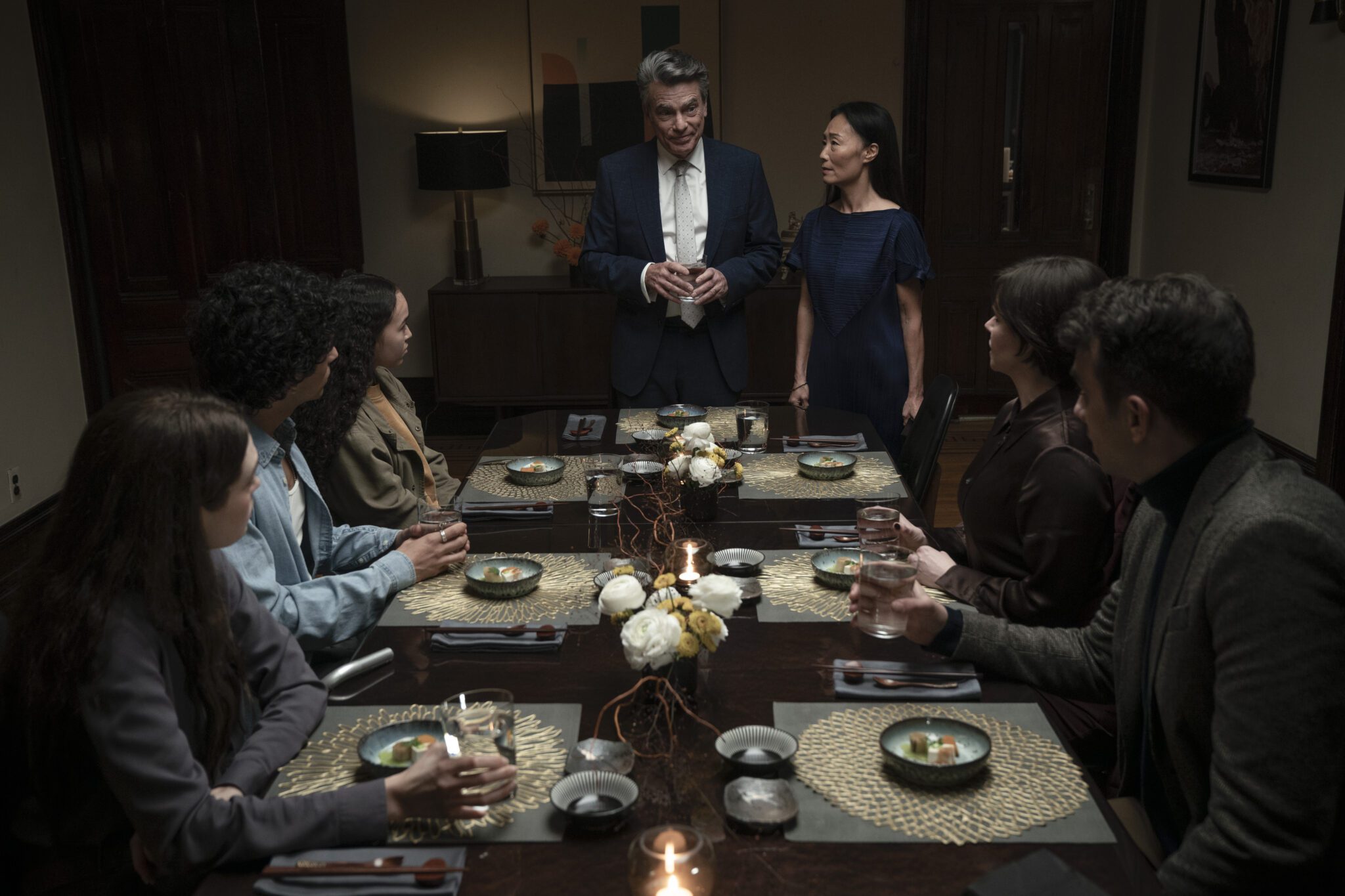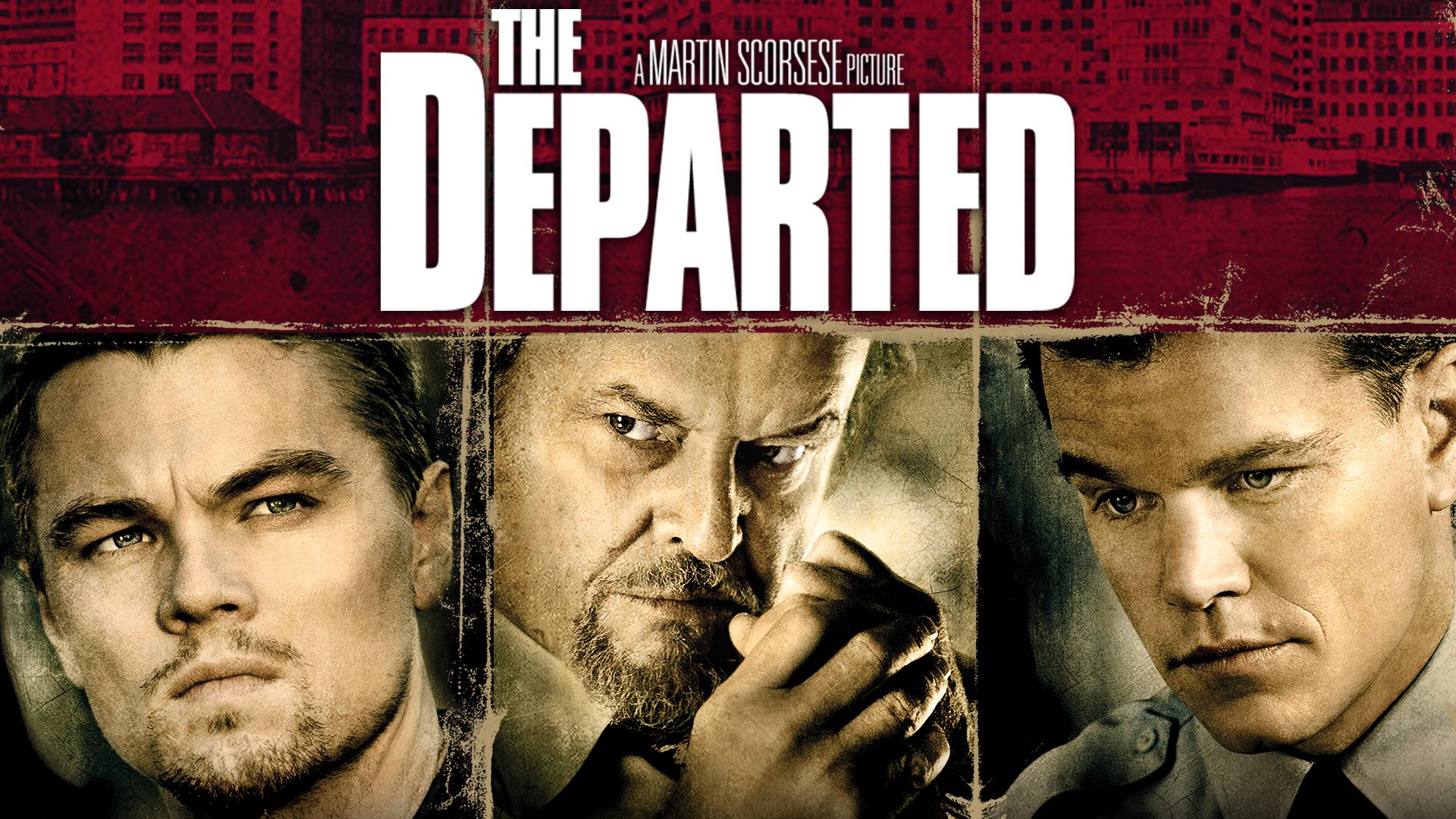Even if we seem to be living in paradise, it doesn’t mean that we can’t be stuck in our own personal hell.
Directed by Joel David Moore, Some Other Woman tells the story of Eve (Amanda Crew), a woman who seems to have the perfect life. Married to an adoring man (Tom Felton) and living in a tropical paradise, she has begun to build a life and a future in their little corner of the world. However, when she encounters a strange woman (Ashley Greene), her reality begins to pull apart at the seams. Suddenly, Eve must scratch and claw at the world around her in order to rebalance the truth.
Some Other Woman is a twisty thriller that upends the viewer at every turn of the screw. In the vein of Alfred Hitchcock thrillers, Moore is more than comfortable inverting the structure (and expectations) of the thriller genre as he plays with truth and reality in ways that never allows the audience to fully settle in. In essence, this is a film that takes gaslighting to a whole other level as it’s character attempt to piece together lives that feels so real yet so foreign at the same time.
As a result, by consistently changing its own storyteller, Some Other Woman requires patience from the viewer. This isn’t a film that offers a quick exposition scene to explain away its mystery. Instead, Other Womanintentionally wants to leave the viewer with questions about its characters after the credits have rolled. (In fact, in an intervie with ScreenFish, Moore even suggests that this is a film that benefits from multiple viewings as it contains Easter eggs throughout every scene.) In this way, the film understands the instability of its world, while reveling in it as well.

While the script is constantly dance with truth, Other Woman holds together due to some truly enjoyable performances by its cast. This is a story that continues to reshuffle the deck in surprising ways but it’s cast remains up to the challenge. (One can’t even fathom what it would be like to draw from the emotion of your character while shooting out of sequence.) Even so, in the midst of constantly shifting relationships, Felton, Crew and Greene all deliver strong work that keeps the characters relatable and empathetic. With heroes and villains constantly switching places, Other Woman works hard to not be heavy handed with its characters. It would be very easy for the screenplay to point the finger and suggest that any one person is the antagonist.
Instead, the very real villain of this film seems to be trauma itself.

As the film’s characters endure the struggles of family life, Other Woman always recognizes the difficulty of dealing with pain and loss. There’s always a certain level of empathy for their situation, regardless of their motivations and actions. For example, as Eve’s story begins to unravel, we witness the effects of loss first hand. Now that she seems to be in a happy marriage, starting a family and small business have become her personal life goals. Yet, the very real effects of loss are prevalent. Without giving any spoilers, the viewer bears witness to the after effects that trauma can have on a person’s soul, revealing the mental puzzle that Eve is left to piece together. Broken by life’s hurt and pain, she is desperate to find solid ground. And no one seems to be able to offer it to her.
While the script keeps its world unstable, Some Other Woman never sinks into the ocean. Even in its wildest of reveals, Moore’s emphasis on the relatable nature of trauma keeps the film (somewhat) grounded. Eve’s story may not be our own… but there are stirs and echoes of her experience that many will be able to understand. And that’s something worth holding on to.
Some Other Woman is available in theatres and on VOD now.





